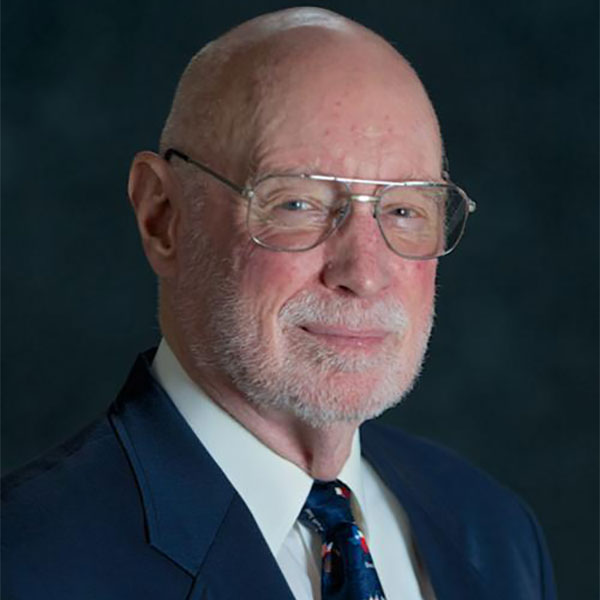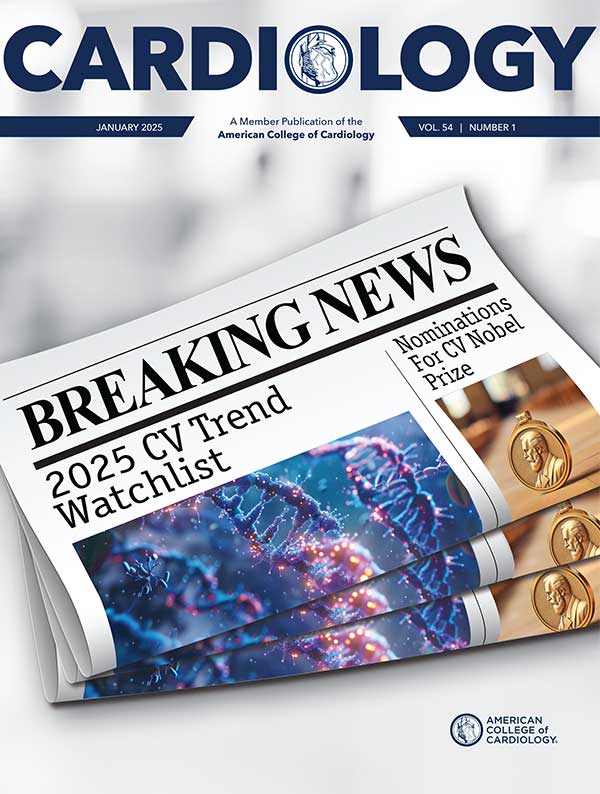The Pulse of ACC | New Guidance: Diagnosing and Managing Myocarditis; In Memoriam: Charles E. Mullins, MD, FACC; More
New Guidance For Diagnosing and Managing Myocarditis

The ACC has issued guidance for the diagnosis and management of acute myocarditis in adult patients, delivering a streamlined decision-making framework that reflects recent advancements in clinical practice.
The 2024 ACC Expert Consensus Decision Pathway (ECDP) on Strategies and Criteria for the Diagnosis and Management of Myocarditis, published in JACC, includes a 5-step care pathway, as well as recommendations for genetic counseling, ongoing patient monitoring, returning to strenuous physical activity and opportunities to close knowledge gaps and address future research needs.
"The initial step for a clinician is to recognize the condition by being aware of its three classic presentations as outlined in the ECDP," said Mark H. Drazner, MD, MSc, FACC, writing committee chair. "Once a patient is diagnosed, clinicians can then follow the next 4 steps in the care pathway, including triaging the patient, obtaining pivotal diagnostic tests, providing appropriate therapies, and then longitudinal follow-up." Click here to access the full ECDP.
Understanding CV Employment Trends Key to Ensuring Future Success
ACC President Cathleen Biga, MSN, FACC, and Geoffrey A. Rose, MD, FACC, explore the complexities of the vulnerabilities of various employment models present in the current health care landscape in a new Leadership Page.
"As crucial as choosing the right practice model is for future success, it is even more important to evaluate how that specific situational model works in actual practice, both now and in the future," they write. The article describes six types of employment models and discusses the nonclinical competencies that are critical to ensure excellence in patient care, clinician satisfaction and long-term financial viability. Click here to read more.
In Memoriam: Charles E. Mullins, MD, FACC

Leading pioneer of pediatric interventional cardiology, Charles E. Mullins, MD, FACC, passed away in November, leaving behind a legacy spanning 50 years.
Born in Washington, DC, Mullins graduated from Princeton University and the George Washington University Medical School. He completed his residency training at Walter Reed Army Medical Center. He was the first pediatric cardiologist for the U.S. Army.
Mullins' work in cardiac catheterization transformed the field. He pioneered the use of endovascular stents to treat congenital heart disease and developed the Mullins sheath for transseptal punctures. His post-stent management protocols are also used worldwide. In addition, to his clinical work, Mullins was a distinguished editor and mentor, establishing fellowship training in pediatric interventional cardiology in the 1980s. He also contributed to more than 200 publications and authored two influential books on congenital heart disease and cardiac catheterization.
Mullins was a trailblazer in interventional pediatric cardiology," said Ritu Sachdeva, MD, FACC, chair of ACC's Adult Congenital and Pediatric Cardiology (ACPC) Leadership Council. "A testament to his influence and expertise, he was honored with the inaugural McNamara Lectureship from the ACPC Section at the ACC's Annual Scientific Session in 2010. His legacy of knowledge, mentorship and inspiration will be cherished by the field for generations to come."
"Few have had as profound an impact on pediatric and adult interventional cardiology as Dr. Mullins," says Wayne Batchelor, MD, MHS, MBA, FACC, chair of ACC's Interventional Cardiology Sectional Leadership Council. "His groundbreaking contributions to transcatheter congenital and structural heart procedures have revolutionized the field, saving countless lives in the process. We deeply mourn the loss of one of our true giants."
Clinical Topics: Heart Failure and Cardiomyopathies
Keywords: Cardiology Magazine, ACC Publications, Myocarditis, Employment, Patient Satisfaction, Cardiac Catheterization, Leadership, Mentors

